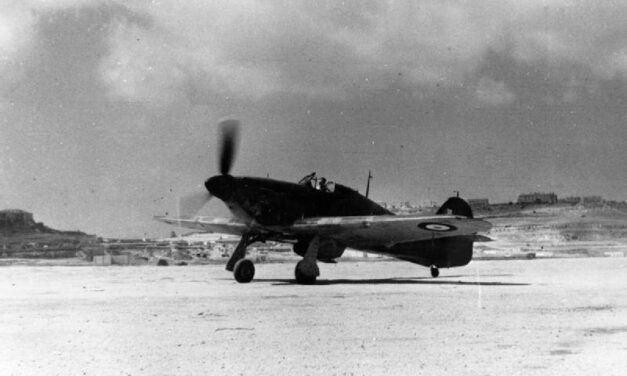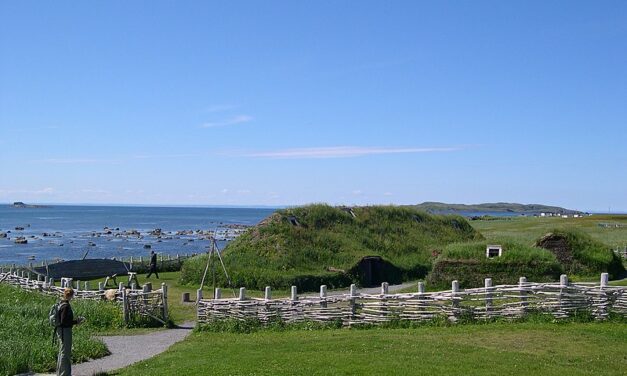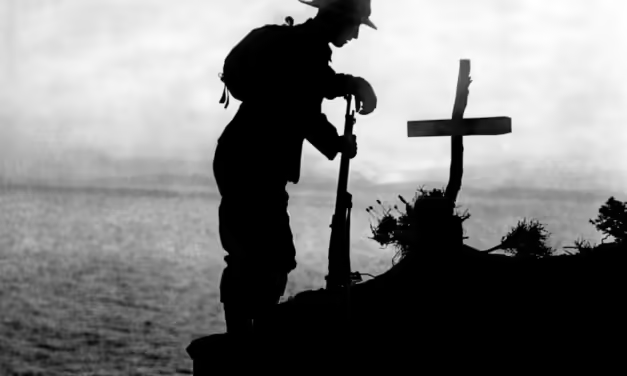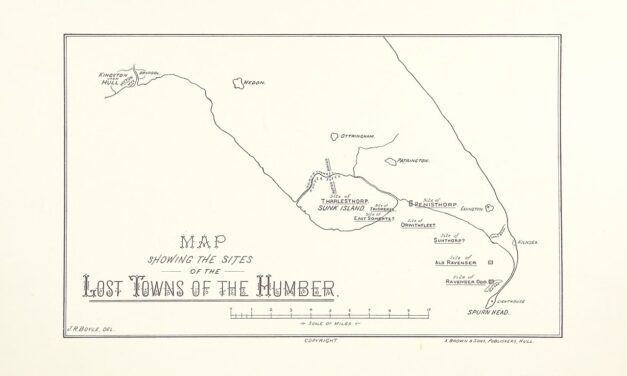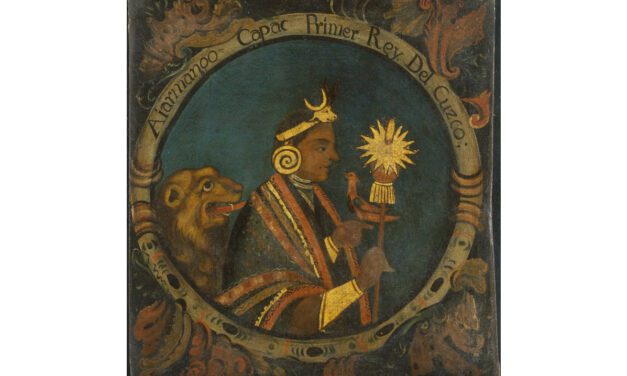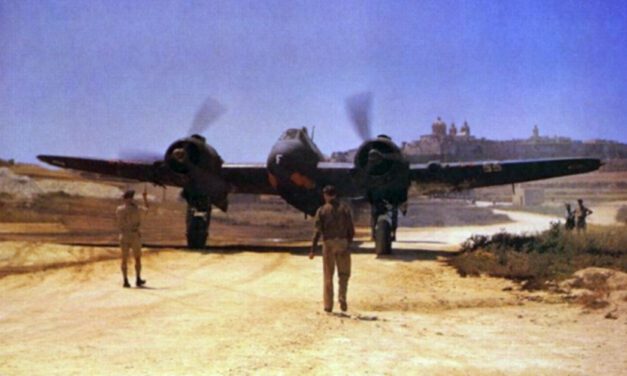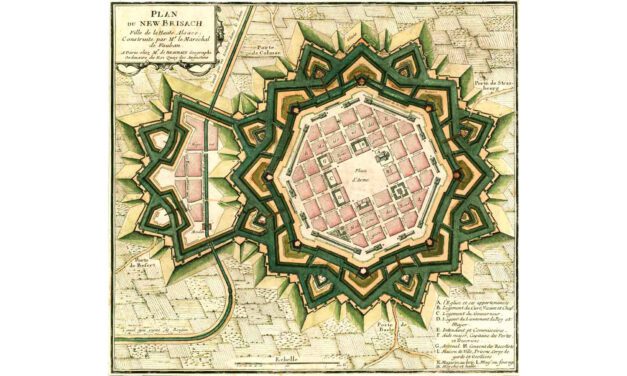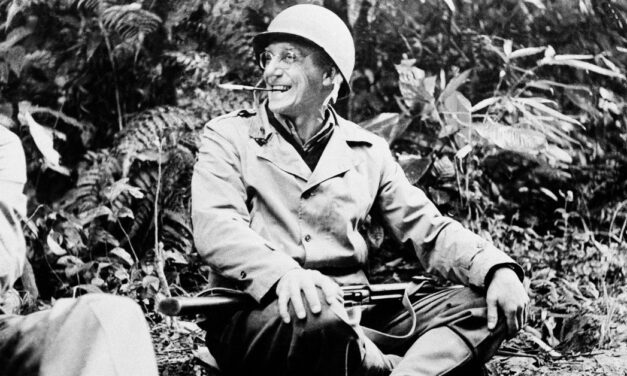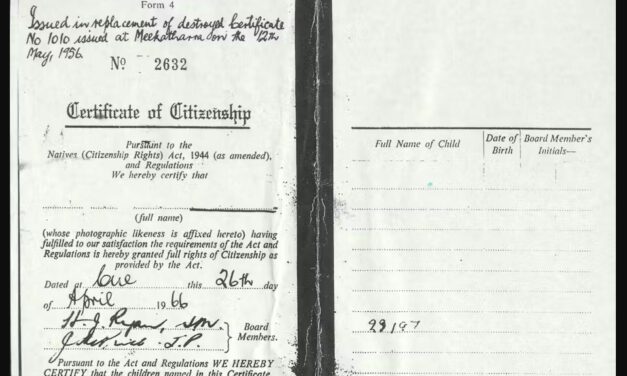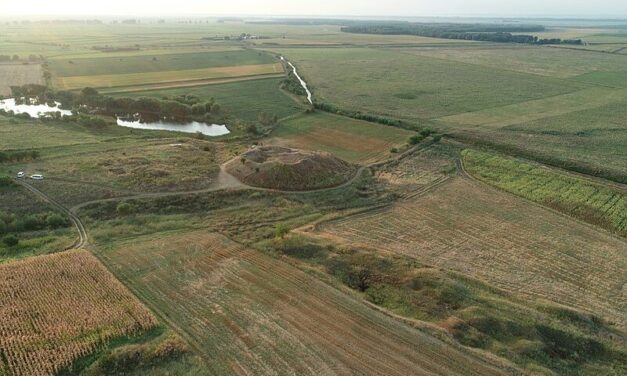Staff Sergeant Leslie Frederick Hoy – Machine Gunner and Trainer of Men
Reading time: 6 minutes
Leslie had surely known men who had fought in Greece, and it is likely that some of them were killed or captured there. For someone who grew up during the Great War and its immediate aftermath, it comes as no surprise that he felt it his patriotic duty to do his part in the World War of his day. On 27 June 1941, Leslie embarked on a troop ship heading to Egypt. A month later, he reached his destination, and on 1 August, he was in Palestine. The very next day, he was promoted to Staff Sergeant.








